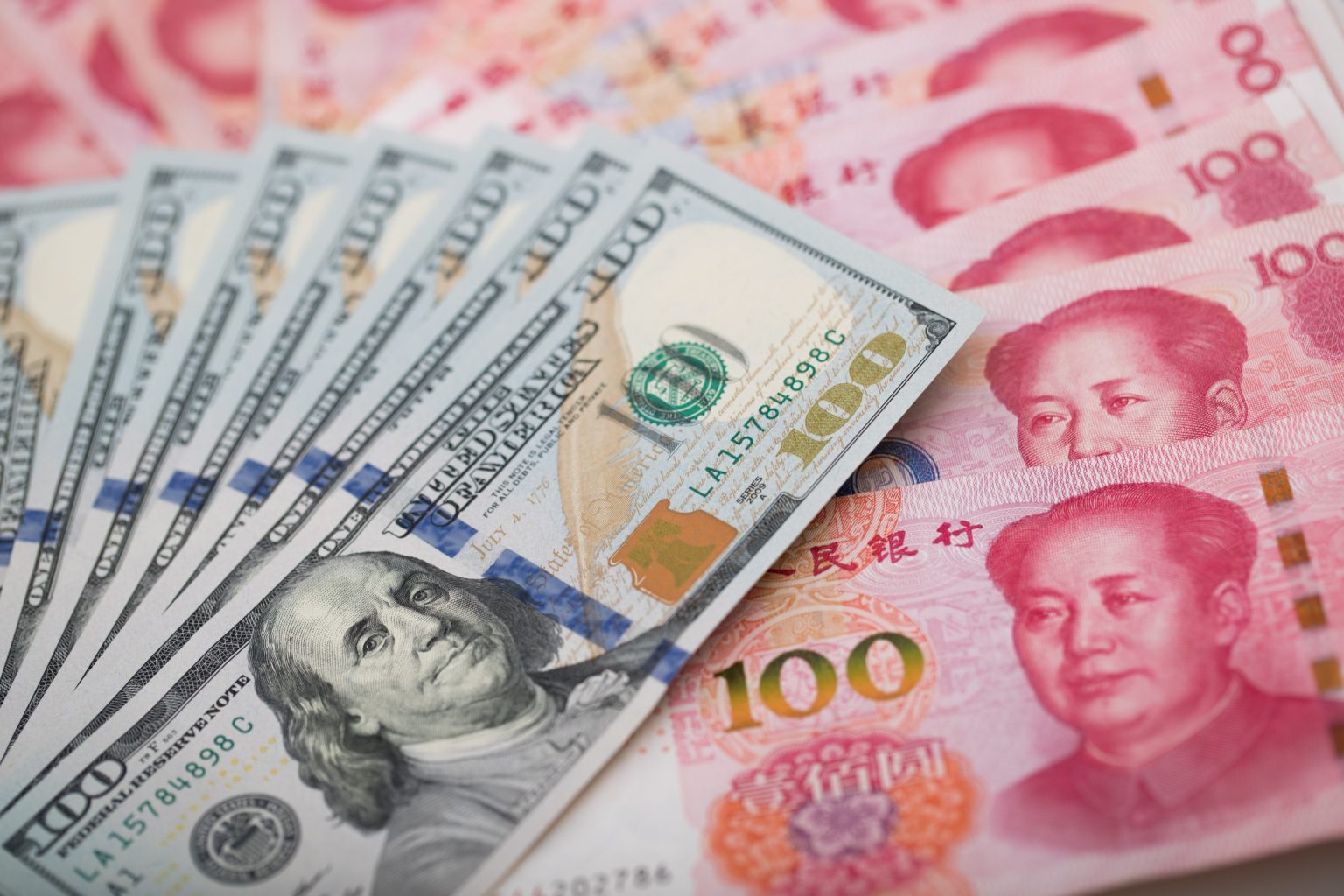The expiration of a U.S. government license this week may further complicate Russian firms’ ability to pay using Chinese yuan (RMB), now the most-traded foreign currency in Russia. The U.S. Treasury’s Office of Foreign Assets Control (OFAC) imposed sanctions on the Moscow Exchange (MOEX) and its subsidiary, the National Clearing Center (NCC), which resulted in the suspension of trading in the U.S. dollar, euro, and Hong Kong dollar. Transactions involving these currencies have shifted to the over-the-counter market, leading to increased costs and volatility for Russian businesses and individuals.
A license issued by the OFAC in August has provided a wind-down period for limited transactions to continue during a transitional period before the full ban takes effect. The yuan has been a particular focus of the sanctions as it has become Russia’s primary currency for international trade after the ruble. Concerns have been raised about the potential obstacles in Russian yuan-denominated trade following the expiration of the license on Saturday, with some industry insiders warning of a possible shortage of yuan or a complete refusal to accept payments from Russia by Chinese banks.
Since facing international sanctions following President Vladimir Putin’s invasion of Ukraine in February 2022, Russia has been largely cut off from global markets dominated by the U.S. dollar and euro. As a result, Moscow has heavily relied on the yuan to conduct trade. Russian traders have reported delays and rejections of their cross-border transactions in yuan by Chinese banks wary of potential U.S. secondary sanctions. Approximately 98 percent of Chinese banks have refused to process RMB-denominated settlements, leading to a liquidity crunch in Russia and recent fee increases by Russian banks.
The expiration of the U.S. Treasury’s license has raised concerns about Russia’s access to Chinese yuan, as the license has allowed yuan transactions to continue in a limited capacity despite broader sanctions. Russian traders and businesses face uncertainty about the future of yuan-denominated trade and the potential impact on their operations. The Russian finance ministry and Chinese foreign ministry have not responded to requests for comment on the situation. The expiration of the license may further complicate an already challenging economic environment for Russia, as it grapples with the impact of international sanctions and limited access to major foreign currencies.
The situation highlights the interconnected nature of global financial markets and the impact of geopolitical tensions on currency transactions. Russian businesses and individuals are navigating a complex landscape of sanctions and restrictions, seeking alternative ways to conduct international trade and manage currency risk. The expiration of the license underscores the uncertainty facing Russian traders and the potential for further disruptions in their ability to access and use foreign currencies, particularly the Chinese yuan. The evolving situation will require careful monitoring and strategic planning to mitigate risks and ensure continued operations in an increasingly challenging economic environment.


